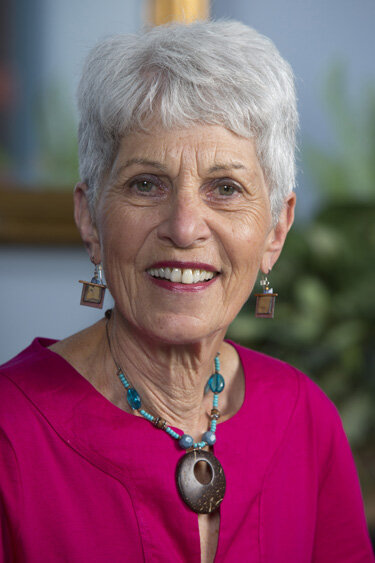Five Lessons For Learning to Enjoy Your Family with an Open Heart
by JOYCE RICHMAN
There’s no better time to write New Year’s resolutions than after spending time with family that stepped on your toes after you, surely without intention, stomped theirs.
Holidays bring families together. Grown children join siblings and parents, grandparents, cousins, nephew, uncles and aunts to exchange gifts and talk about good times.
If togetherness last long enough, the shared space small enough, the thermostat high enough, memories of not such good times emerge. Uncle Jack’s not so funny, Aunt Penny’s not so sweet, Dad’s practical jokes backfire, Sis’s impractical behaviors misfire, and you get more unsolicited advice that you can stand, even on a good day. Instead of emerging from the season of light and joy with light and joy, you go home with a bad attitude and a vow to never spend holidays with family, no matter how good the food is.
Whoa. Rather than make promise you’re sure to forget or regret, learn from experience.
Lesson 1:
Like Elsa, let it go. If ‘it’ is an old battle with Uncle Henry, let it go. If it’s your brother or sister who acts like a jerk or makes you feel like no one, let it go. If it’s embattled history with your father or embittered experience with your mother, let it go. You may not be able to replace negative memories with good feelings, but you can create a different present and a better future by letting go of whatever was broken and the person who broke it. The world has changed as has your place in it.
Lesson 2:
If you’re the youngest, oldest, cutest, luckiest, or only-est, you may have grown up in a household where you’ve got what you wanted. Times have changed. Family members have evolved in their development, and their roles and goals, wants and needs have, too.
Let it go. Find accommodation with those you break bread and share space. Yield ground, not because you have to, but because you choose to.
Lesson 3:
Have a conversation. You may love a good debate, but if your siblings don’t, they call it an argument. If your opinionated style creates tension for others, change styles. Let others express themselves without feeling they have to protect or defend themselves against you.
Lesson 4:
Combine humour with perspective. Don’t take yourself or the situation you’re in too seriously. Remember the adage, “this too shall pass.” Poke fun at yourself, not the other person. Take a time-out when discussion gets heated. Find common ground and common interest, and if you can’t, change the subject to a conversation you can all enjoy.
Lesson 5:
Don’t make life a zero sum game. If you see the same issues differently, put on their shoes and understand their perspective. Ask questions and listen, so you can understand their feelings without challenging their thinking.
More about Joyce Richman
Joyce is a career counselor, consultant and executive coach. She is a Board Certified Coach, Certified Personnel Consultant and has a Masters Degree in Counseling from the University of North Carolina at Greensboro. In addition, Richman is a graduate of Harvard University’s Program On Negotiation.


